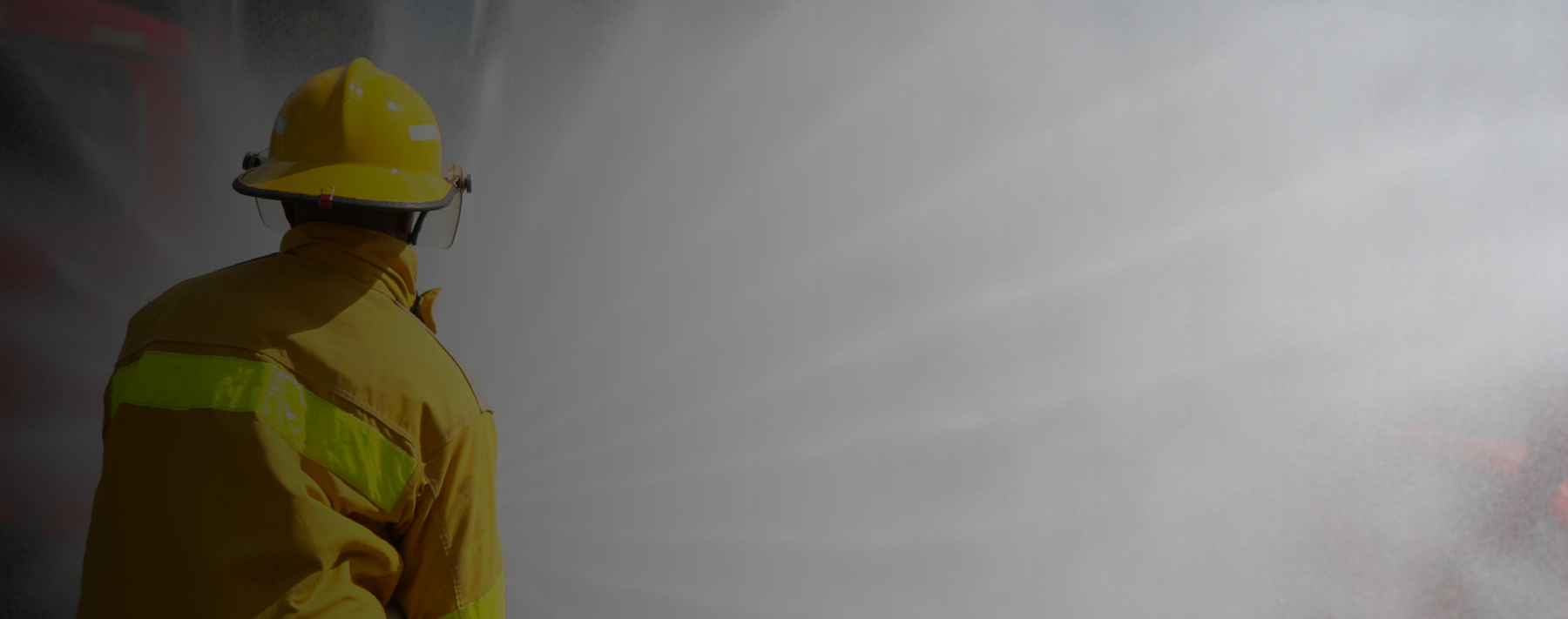When we first start our fire service career, not much thought goes into retirement. We’re young and we only think of what makes the biggest impact on our paycheck. We forget about putting additional money away for our future. Before you know it, our career goes by and we are looking at retiring—and sometimes wishing we’d done things differently.
The same goes for our health. Our job is extremely dangerous in many ways and every call places us at risk. When we start our careers, we’re young and think we’re invincible. But on many of the calls we respond to, we are exposed to bloodborne pathogens or carcinogenic toxic elements. Not to mention, every time the alarm sounds our hearts go from a resting rate to maximum rate very quickly. The sirens, the air horn, the engine pumping, the chainsaws and extrication tools—all play havoc on our hearing. How about those “structure burgers ” we barbequed for lunch last shift? Nice and greasy, with a late-night bowl of ice cream before we turned in.
Over the years, these habits and exposures can start to add up, resulting in injury, disease, even premature death. You may be responding to calls with the necessary personal protective equipment, tools and training. But are you medically prepared? When was the last time you had a comprehensive medical exam?
Department Responsibility
I’m a firm believer that every department, career or volunteer, big or small, should require annual medical exams and physical fitness testing. Many departments avoid these tests due to high costs and resistance from certain stakeholders. I’m not trying to minimize the challenges involved, nor am I going to solve them in this article. But annual testing should be something that every department is at least striving for. Departments have a responsibility to do everything they can to keep their members safe—and identifying problems early can often actually reduce health care costs overall.
Why are annual exams so important? Just like with our finances, failure to address medical issues can significantly impact our careers and our plans for retirement. How often do you hear about fire service veterans, a few years from retirement, who are diagnosed with cancer, heart disease, diabetes, back or knee problems, or other debilitating illness and injury? Many times they did not even know the problem existed. Regular medical exams can identify changes over time or reveal warning signs that prompt more investigation and treatment.
And this is not just a problem we face as we age. Fire service researchers are beginning to target the alarming problem of seemingly healthy firefighters experiencing fatal or debilitating cardiac events on the fireground. These individuals are active and in shape, yet they suffer from heart ailments or other problems of which they are completely unaware. Certainly, not every cardiac event is preventable, but medical screening can catch many problems before they result in devastating injury—or worse. And the good news is that many of these problems are treatable with therapies that allow firefighters to return to active duty.
If your department can’t provide required firefighter annual medical testing, it can still take a strong stance to support firefighter health. A department wellness policy can encourage firefighters to get regular testing on their own. It can specify what that testing should cover, so firefighters have a “checklist” of sorts that they can take to the doctor. And the policy can also include guidelines and expectations on physical fitness, conditioning and immunizations.
Individual Responsibility
Even if your department doesn’t require annual medical screenings, I encourage you to get one on your own. We each have an individual responsibility to ensure, to our best ability, that we’re fit for duty.
The screening should be a thorough and comprehensive exam, including:
- Full blood panel
- Vision and hearing screening
- Cancer screening
- Cardiovascular and pulmonary exam
- Medical history, including the possibility of specific genetic testing for cancers or diseases you may be predisposed to
If firefighter annual medical testing is financially burdensome, check to see whether there is a health care provider that would provide a group discount to multiple members of your organization. Often volume can bring costs down significantly, and having all members participate can be a way to start a department-wide conversation about health and fitness.
You’re Worth It
What’s your health worth to you? What’s your health worth to your significant other, children or parents? Like your finances, paying a little attention now can pay huge returns down the line. Failing to do so can also mean the difference between life and death.
We say we train because our lives depend on it. You should also have a yearly medical exam—because your life depends on it!



